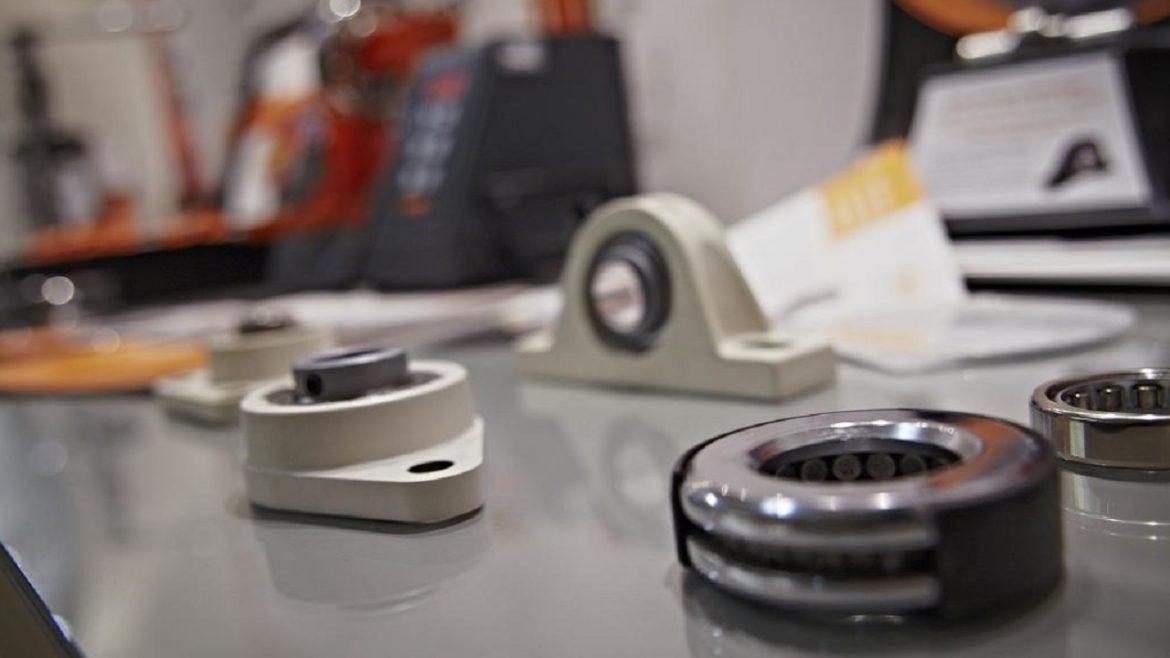Any manufacturing process must include quality control, and manufacturing of bearings is no exception. Bearings are essential parts in many different industries, and the effectiveness and dependability of machinery are directly impacted by bearing performance. In this article, we will examine the crucial part that quality control plays in the production of bearings and explain why it is essential for ensuring the durability and efficacy of these crucial parts. Check out a reliable website if you are looking for the bearing manufacturer: www.aubearing.com.
The Significance of Bearings
It is crucial to comprehend the significance of bearings in various applications before diving into quality control. Bearings are mechanical parts that enable friction-free rotation and lessen wear on moving parts. They can be found in a wide range of machinery, including wind turbines, medical equipment, automobiles, and industrial machinery. Machines can run smoothly, quietly, and with little wear and tear thanks to bearings.
The Consequences of Bearing Failures
Bearing failures can have severe consequences, leading to unexpected downtime, costly repairs, and compromised safety. When bearings do not meet the required quality standards, they are prone to premature wear, overheating, and eventual failure. This can result in production delays, increased maintenance costs, and, in some cases, catastrophic accidents.
The Role of Quality Control
Quality control in bearing production is a multifaceted process that encompasses various stages, from material selection to final inspection. Here’s why it is of utmost importance:
Material Selection
The quality control process begins with the careful selection of materials. Bearings are typically made from various materials, including steel and ceramics. These materials must meet specific standards for hardness, durability, and resistance to wear and corrosion.
Precision Manufacturing
Bearings are precision components, and any deviations in dimensions or tolerances can affect their performance. Quality control ensures that each bearing is manufactured with precision, adhering to strict specifications.
Heat Treatment
Heat treatment processes like quenching and tempering are crucial for enhancing the hardness and toughness of bearing components. Quality control ensures that these processes are carried out with precision, avoiding issues like brittleness.
Surface Finish
Bearings require smooth and precisely finished surfaces to minimize friction. Quality control checks for surface imperfections and ensures that the bearings meet the required surface finish standards.
Performance Testing
Quality control includes rigorous testing to assess the bearings’ performance under various conditions. This may involve load testing, rotational testing, and endurance testing to simulate real-world usage.
Final Inspection
Before leaving the manufacturing facility, each bearing undergoes a final inspection to verify its dimensions, surface finish, and overall quality. Only bearings that meet the stringent quality standards are shipped to customers.
The Benefits of Effective Quality Control
Effective quality control in bearing production offers several significant benefits:
Reliability
Bearings produced with stringent quality control measures are highly reliable and less likely to fail prematurely.
Cost Savings
High-quality bearings reduce maintenance costs and minimize unexpected downtime, leading to significant cost savings in the long run.
Safety
Ensuring the quality of bearings is essential for safety, especially in industries where machinery operates under high loads or at high speeds.
Reputation
Manufacturers that prioritize quality control build a strong reputation for producing dependable products, fostering customer trust and loyalty.
Conclusion
In the world of manufacturing, the importance of quality control cannot be overstated, especially when it comes to critical components like bearings. Quality control ensures that bearings meet rigorous standards for materials, precision, and performance, ultimately contributing to the efficiency, safety, and reliability of machinery across various industries. When it comes to bearings, quality control isn’t just a process; it’s an assurance of continued success and operational excellence.
